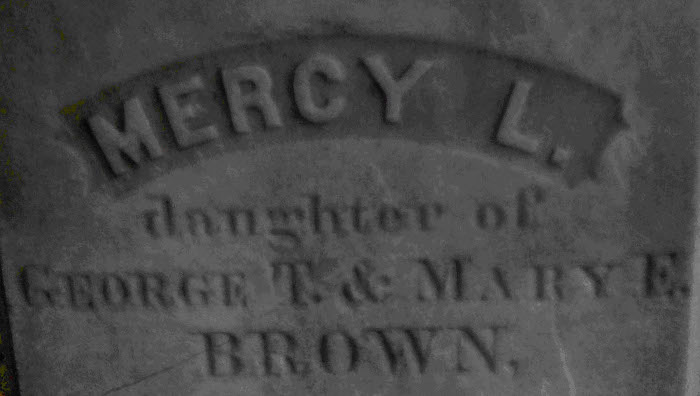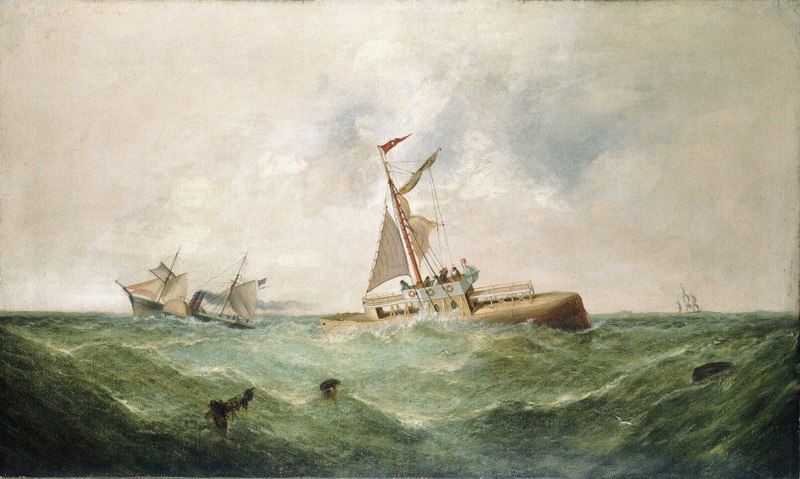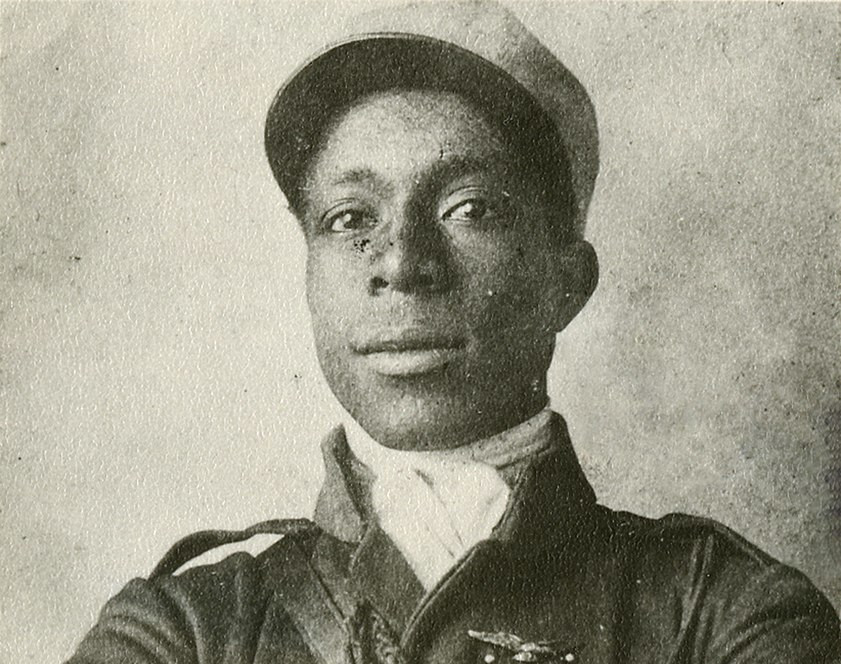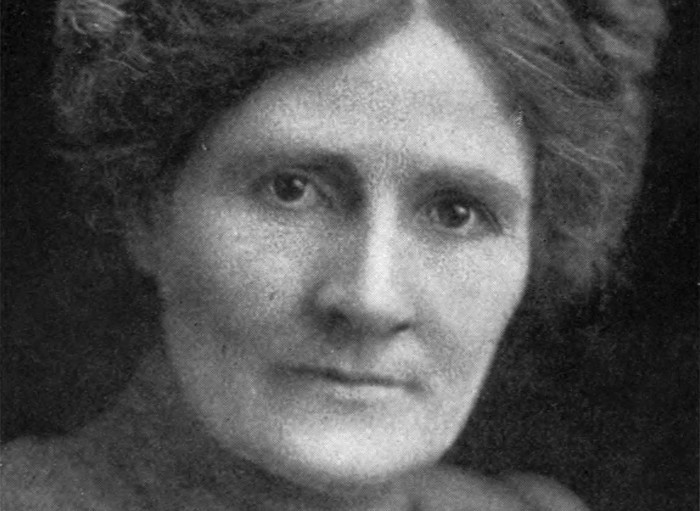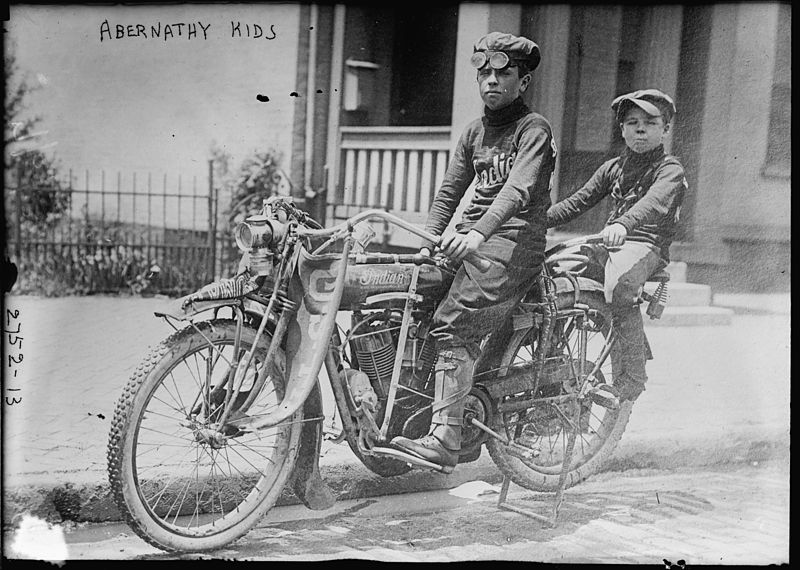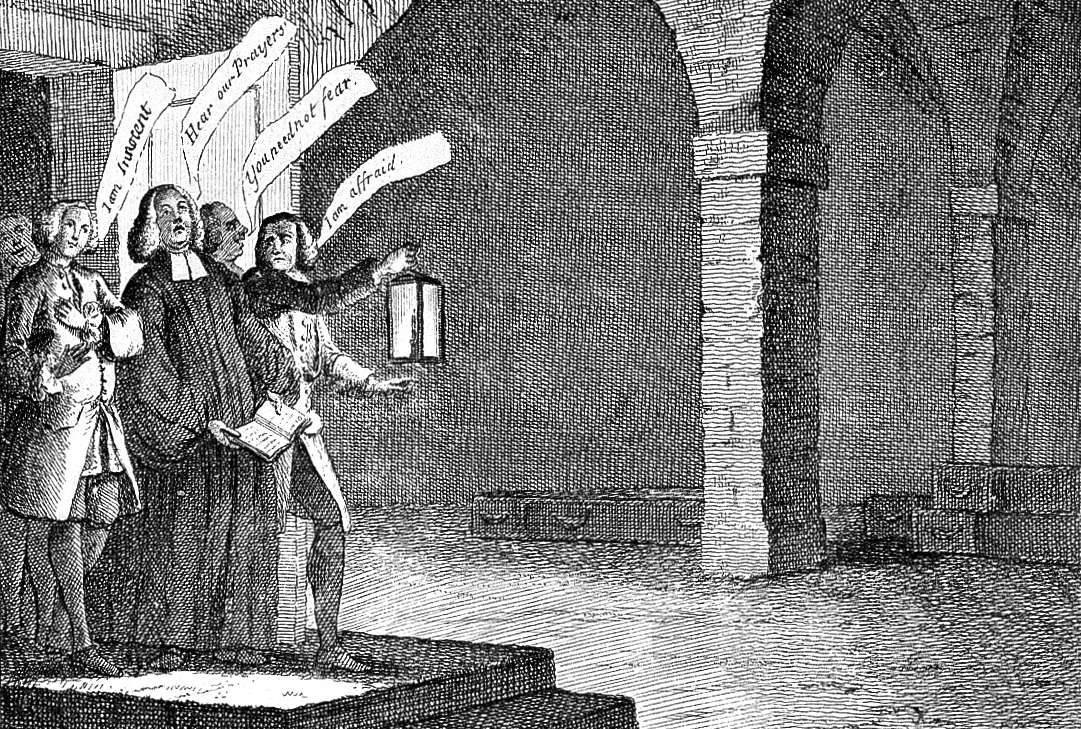
In 1901, two English academics met a succession of strange characters during a visit to Versailles. They came to believe that they had strayed somehow into the mind of Marie Antoinette in the year before her execution. In this week’s episode of the Futility Closet podcast we’ll describe the Moberly-Jourdain affair, a historical puzzle wrapped in a dream.
We’ll also revisit Christmas birthdays and puzzle over a presidential term.

